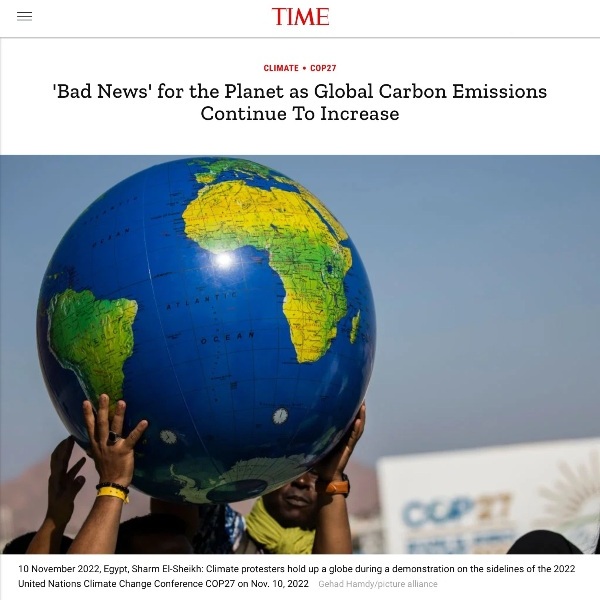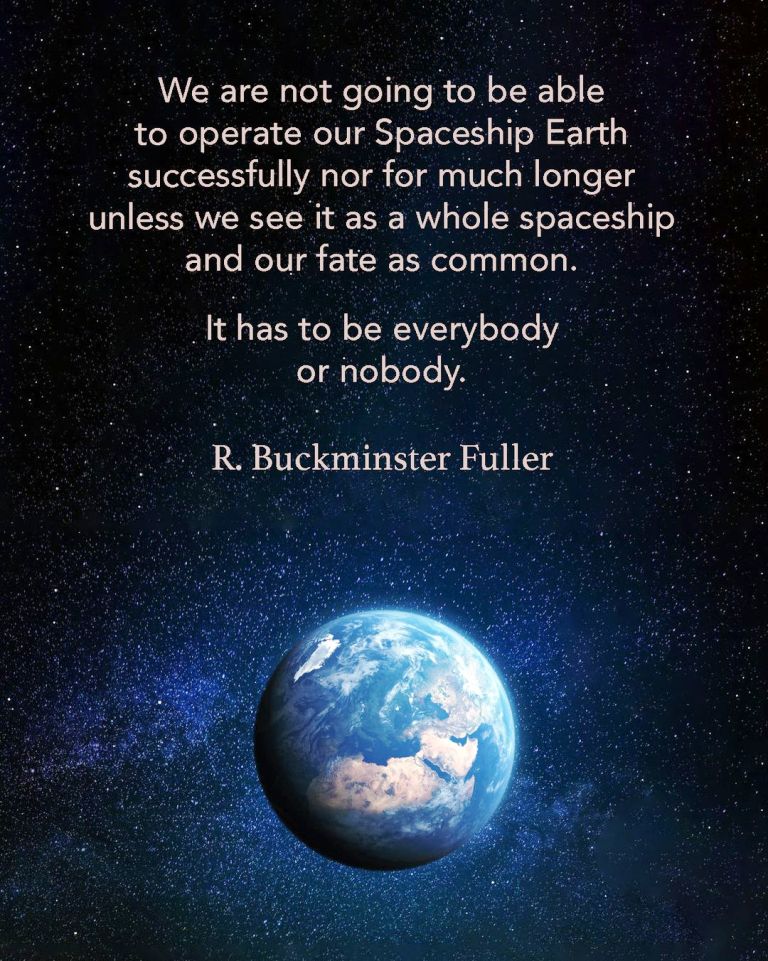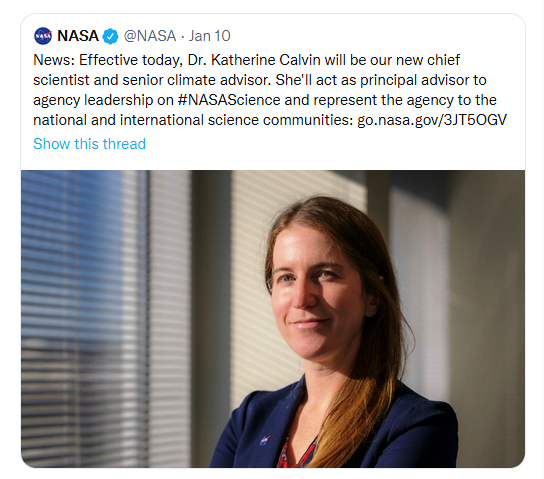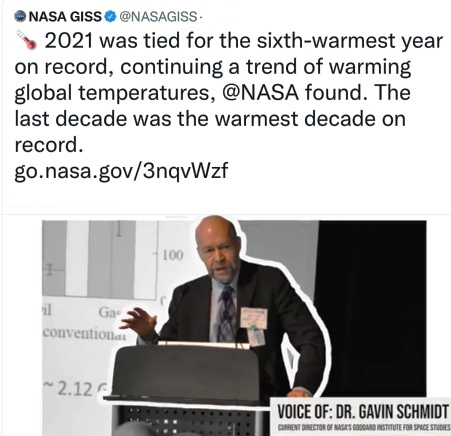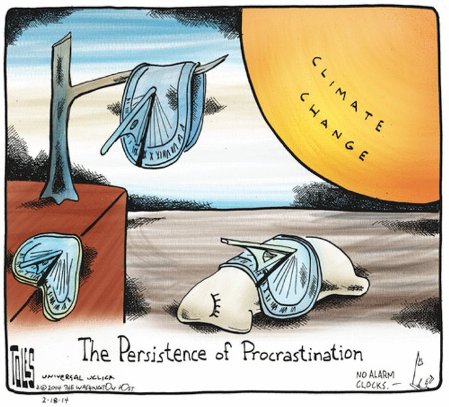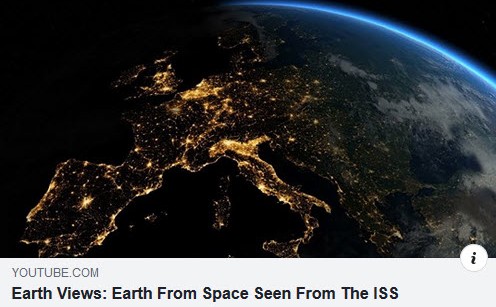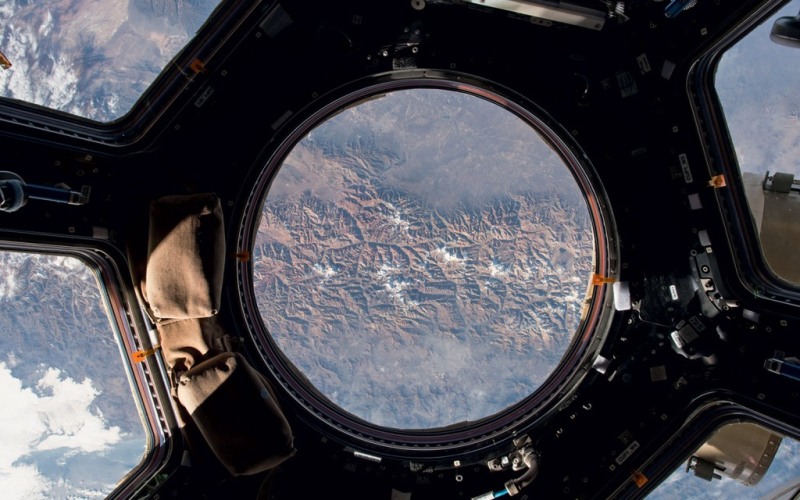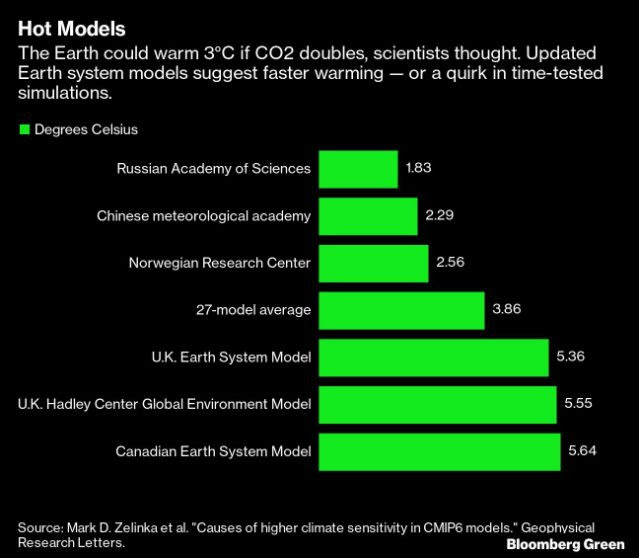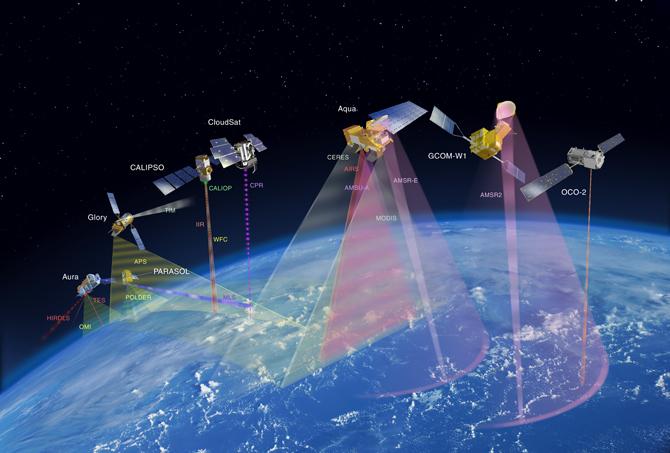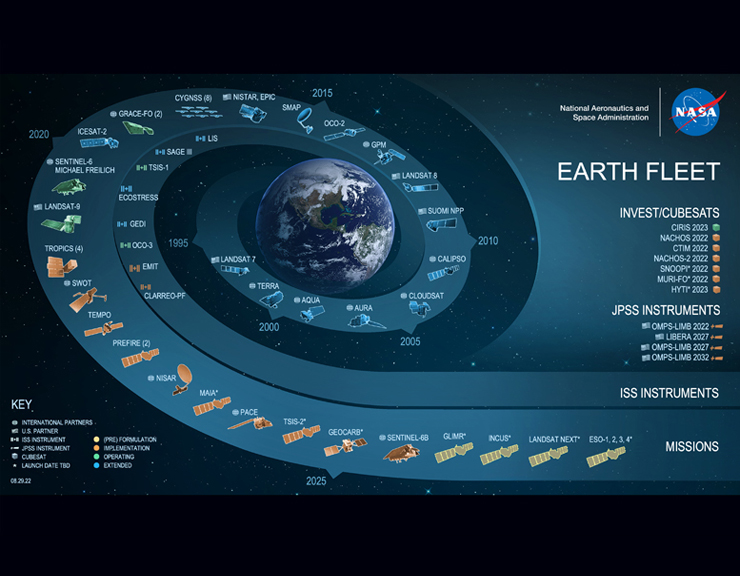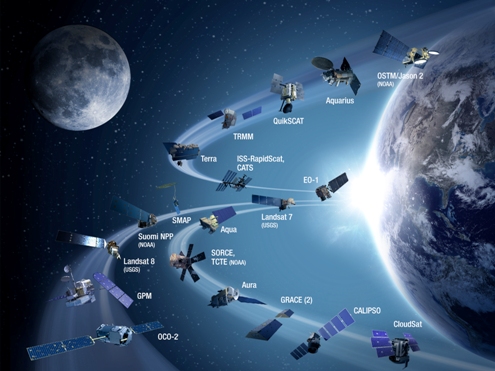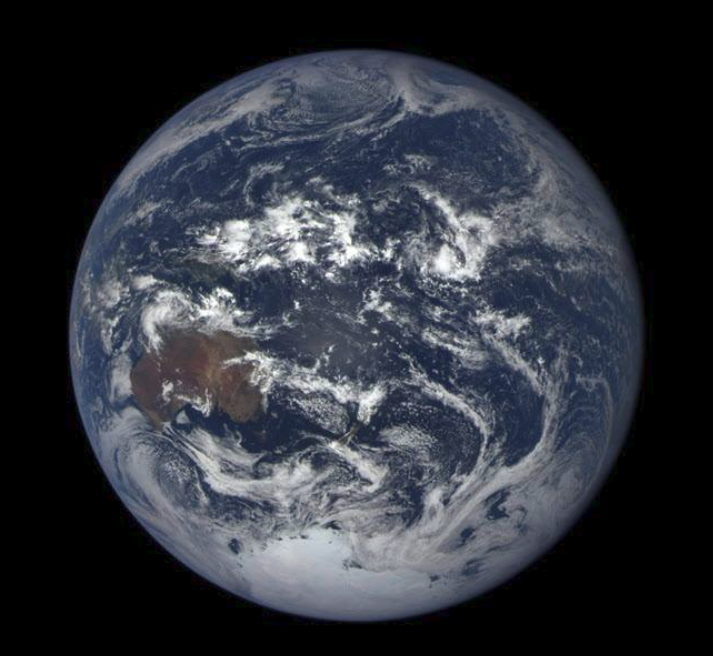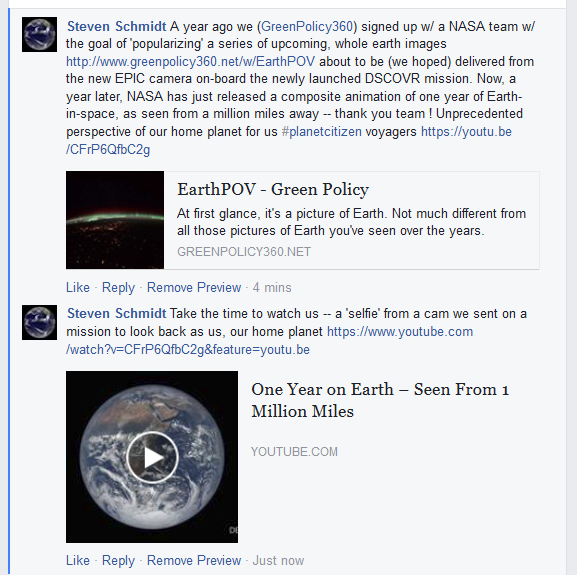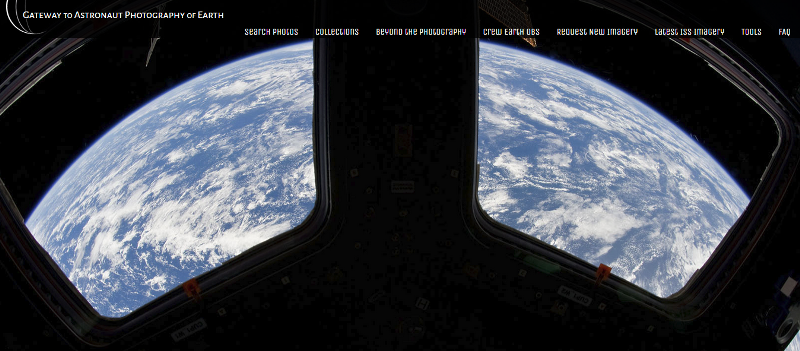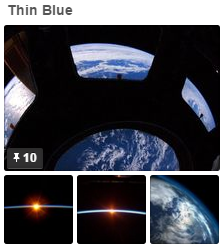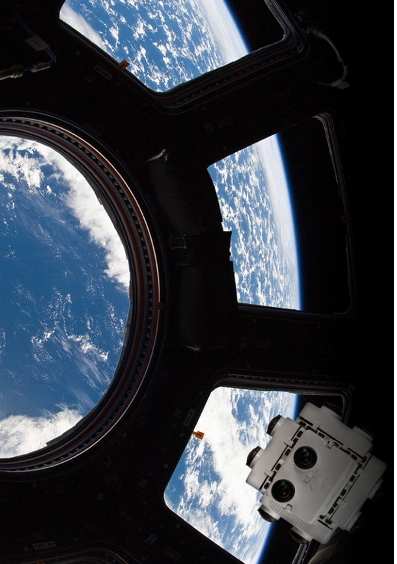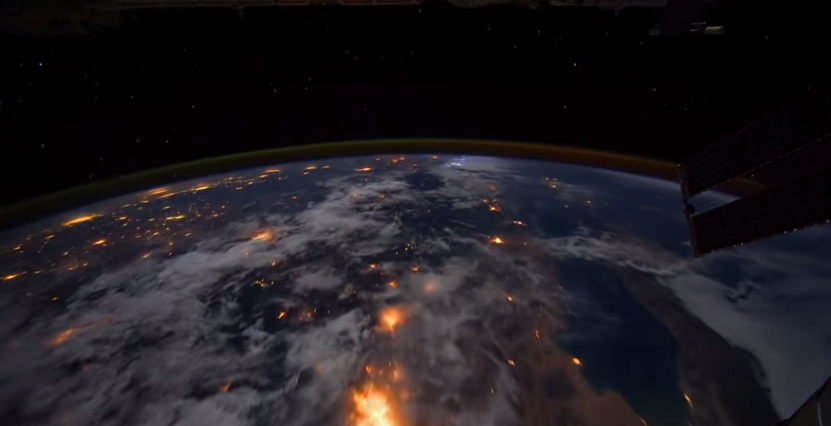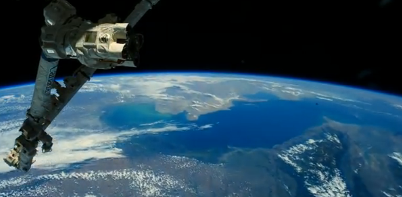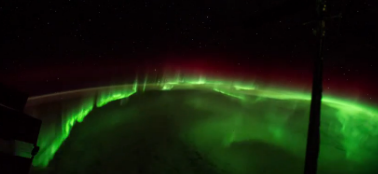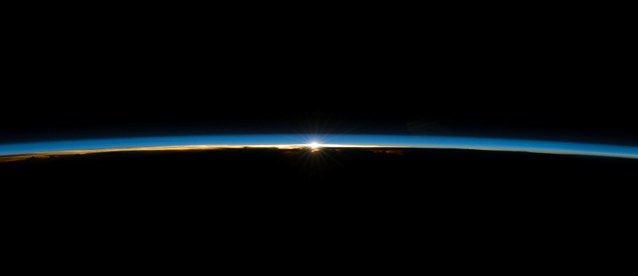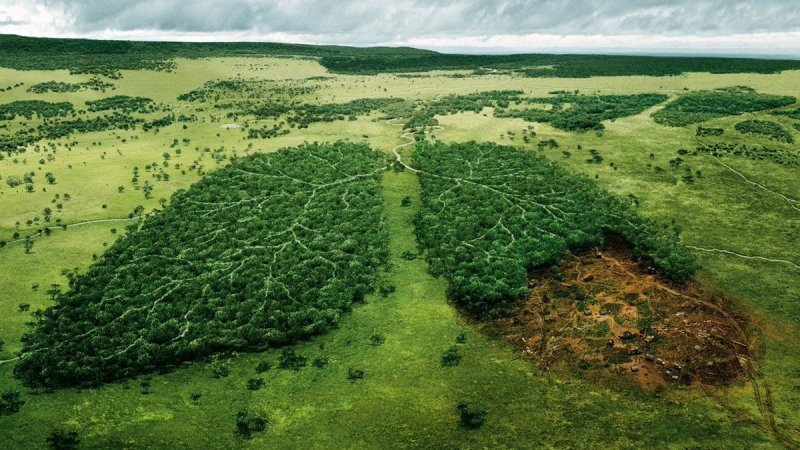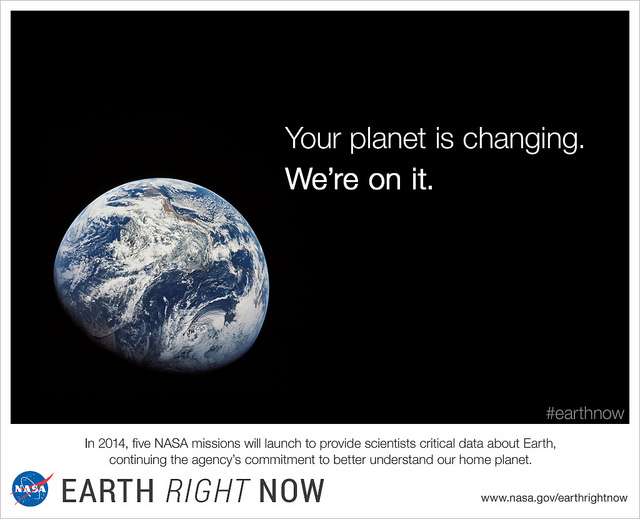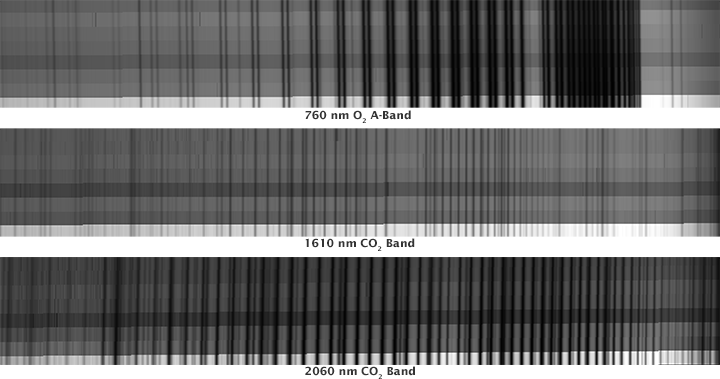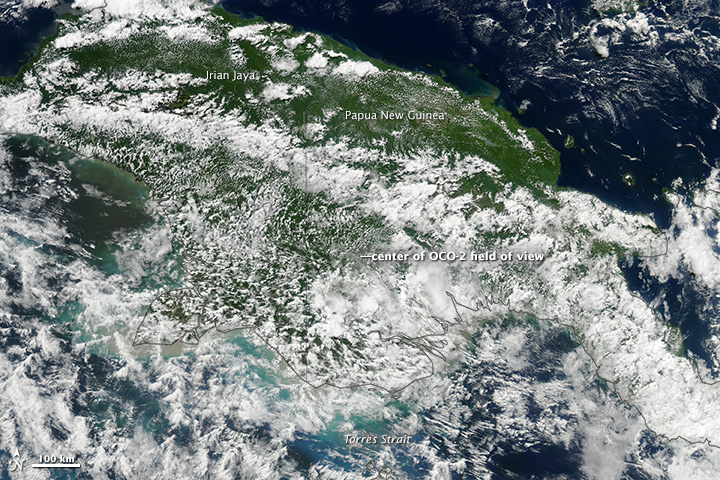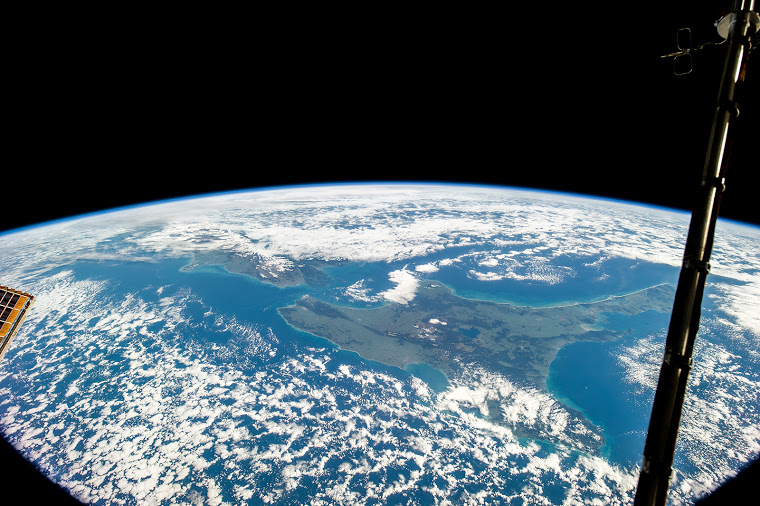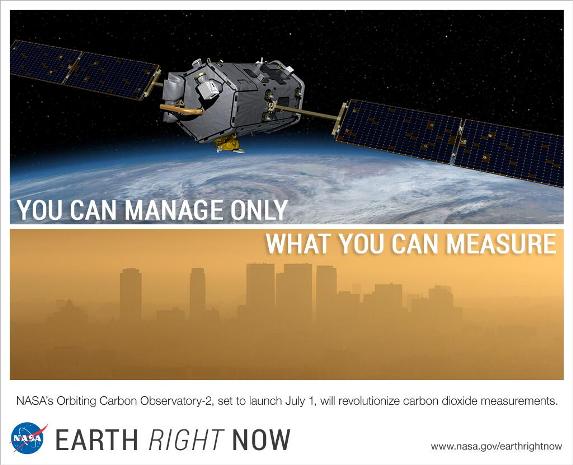EarthPOV: Difference between revisions
Siterunner (talk | contribs) No edit summary |
Siterunner (talk | contribs) No edit summary |
||
| Line 10: | Line 10: | ||
[[File:Time Nov 10 2022 COP27.jpg]] | [[File:Time Nov 10 2022 COP27.jpg]] | ||
[[File:Buckminster Fuller - Spaceship Earth, All Onboard.jpg]] | |||
Revision as of 23:38, 29 November 2022
🌎 Welcome to www.EarthPOV.com
2022
🌎
The James Webb Space Telescope
Look up !! Within our Galaxy, the Milky Way, here we are, ready for new points of view !
December 25, 2021
- On our ‘Island of Life', let's look for 'Beginnings of the Universe'
- After the discoveries, revelations and science of Hubble, now up is the #JWST !
- The James Webb Space Telescope launches for L2 deep space. Go Webb Go !!
The Milky Way, 'Grand Mosaic' (Open and click on image, or use fingers to expand)
Photo Credit: JP Metsavainio
Planet Citizens, Planet Scientists, Preserving & Protecting the Home Planet Earth
GreenPolicy360 Siterunner / SJS: The original Mission Statement of the newly launched U.S. space program spoke of our planet and our responsibilities. GreenPolicy360's founder was fortunate, beginning in the 1960s, to listen to Congressman Brown Congressman George E. Brown point to the NASA plan and explain how he saw Congress put into action the reality of a multi-year, coordinated, multi-agency program to achieve mission goals. Earth science, measuring and monitoring Earth's life-enabling systems was given highest priority. Landsat's program was set in motion as a decades long, first-ever digital scanning remote satellites data collecting study. An array of satellites began to launch, creating and combining the expanding resources of NASA, USGS, NOAA, and an array of educational and scientific institutions and aeronautics technology.
Over five decades of Atmospheric and Earth Sciences data is now available, as was the original intent back in the 1970s when the NASA missions to measure, monitor and then intelligently manage Earth Systems was conceived, legislated, supported and set in motion...
Forward to today...
Global Report: Fifth Warmest Year on Record
- Last seven years hottest ever recorded globally
🥵 When it gets too hot
- Even your news is hot ....
Gavin Schmidt, who heads NASA’s temperature team, said “the long-term trend is very, very clear. And it’s because of us. And it’s not going to go away until we stop increasing the amount of carbon dioxide in the atmosphere.”
The past seven years have been the hottest in recorded history, new data shows
Global temperatures in 2021 were among the highest ever observed, with 25 countries setting new annual records, according to scientists from NASA, NOAA and Berkeley Earth
🌎
Our Home Planet, Earth
#Earth360 | #EarthMonitoring |
- #EarthObservations | #EarthScience
NASA - Scott Kelly
○
Climate Models are running hot & hotter: How bad is it going to get? ...
·································
- Time for Planet Citizen Action
The Young Are Out in Front
Students Worldwide Are Demanding Climate Action
Going Global: Student #ClimateStrike
• #ClimateChange #ClimateEmergency #GlobalWarming
• #ActOnClimate #SchoolsStrike4Climate #GretaThunberg
• #YouthForClimate #FridaysForFuture #GlobalStrikeforFuture
• #Klimaatstaking #ClimateJustice #SchoolStrike4Climate
• https://www.nasa.gov/connect/ebooks/earth_detail.html
Earth Science Research from Space
OCO-2 ...
OCO-2: "Game Changing" Earth Science
New Definitions of National Security
"Earth Observing System": Decades of Earth Science/Climate Science Data Accessible for Planet Citizen Action
🌎
From its origins, NASA has studied our planet in novel ways, using ingenious tools to study physical processes at work—from beneath the crust to the edge of the atmosphere. We look at it in macrocosm and microcosm, from the flow of one mountain stream to the flow of jet streams. Most of all, we look at Earth as a system, examining the cycles and processes—the water cycle, the carbon cycle, ocean circulation, the movement of heat—that interact and influence each other in a complex, dynamic dance across seasons and decades.
For all of the dynamism and detail we can observe from orbit, sometimes it is worth stepping back and simply admiring Earth. It is a beautiful, awe-inspiring place, and it is the only world most of us will ever know.
Of all celestial bodies within reach or view, as far as we can see, out to the edge, the most wonderful and marvelous and mysterious is turning out to be our own planet earth. There is nothing to match it anywhere, not yet anyway. — Lewis Thomas
- GreenPolicy360's in on the Mission
GreenPolicy360 stepped up as Planet Citizens to assist the NASA/NOAA team to deliver the first DSCOVR/EPIC data and imagery
NASA's DSCOVR/EPIC website of Earth images is now available online daily with unprecedented accompanying data/imagery for #EarthScience and climate/atmospheric monitoring.
NASA Goddard communications to us, including this March 11th correspondence with GreenPolicy360, discussed calibrated data products to come from DSCOVR...
Ten different wavelengths of EPIC data is now being served from the Atmospheric Science Data Center (ASDC) at Langley.
Welcome to Daily Views of Our Home Planet
The DSCOVR satellite with its EPIC cam, PlasMag & NISTAR instrument package... is on a million mile journey and in approx four months, DSCOVR will "light up", be tested, and begin delivering data to Earth. In its historic mission, DSCOVR and its EPIC imaging system will begin sending near real-time images of the whole Earth... it has been many years since whole Earth images have been readily available...
NASA now provides EPIC Daily Update Earthviews, Multi-wavelength POVs
An Earth Point of View
From Space, In Space, an Astronaut's Overview
With Virtual Reality, I can see for miles and miles and miles and miles and miles
An AstroPOV
- Dr. Sanjay Gupta speaks to astronaut Scott Kelly about his record-setting mission in space.
- Scott Kelly speaks of a "fragile"... "thin veil" of the atmosphere around the Earth and how we have to protect it -- #ThinBlueLayer #Earth360
- New Ways of Seeing: Inward & Outward
- ···············································································
Hello Up There, Hello Down There
To see through the eyes of Astronauts.....
- To 'Really' See Planet Earth
With appreciation ~ for the beauty and the wisdom of the Overview Effect
Planetary --- Planetary, pre-release, March 2015
![]() Settings Suggestion: FULL Screen, 1080p, Room lights off, Music up, lean back and fly
Settings Suggestion: FULL Screen, 1080p, Room lights off, Music up, lean back and fly
![]() Set FULL Screen 1080p, lights off, Audio up. Even better, adjust YouTube player setting for HighDef 4K, 2160p
Set FULL Screen 1080p, lights off, Audio up. Even better, adjust YouTube player setting for HighDef 4K, 2160p
Earth360 ~ from the International Space Station
Planet Earth, Planet Citizens on a Journey
All Alone in the Night - Settings Suggestion: FULL Screen, 1080p, lights off, volume up, lean back and fly
The View Outside My Window - FULL 1080p, lights off, volume up. Even better, go 'Original' for 2160p - HD 4K
Earth Point of View / Whole Earth Perspective
The Overview Effect Comes to You
Astronaut #PlanetCitizens
GreenPolicy360 tweeted @AstroTerry "yes we wish we could see what you are seeing ;-)" and then we updated our #OverviewEffect page w/ the astronaut's #Earth appreciation from the #ISS that he wishes we could see what he sees
Amazing time-lapse videos from astro-photographs of Earth
- Watch Earth roll by through the perspective of ESA astronaut Alexander Gerst in this six-minute timelapse video from space.
Combining 12 500 images taken by Alexander during his six-month Blue Dot mission on the International Space Station this Ultra High Definition video shows the best our beautiful planet has to offer.
Auroras, sunrises, clouds, stars, oceans, the Milky Way, the International Space Station, lightning, cities at night, spacecraft -- and the thin band of atmosphere that protects us from space.
https://www.greenpolicy360.net/mw/images/Whole_Earth_One_Connected_System_-Earth360.png
Astronauts on the way home
Circling #Earth360 before heading home [1] [2]
Three of our favorite astronauts return to Earth from the International Space Station.
We've been receiving many absolutely beautiful photos from them with their expressions of awe.
What they see and experience opens eyes and truly communicates here at 'home.'
Our "whole Earth" and a "narrow", "thin layer of atmosphere."
https://www.pinterest.com/stratdem/environmental-security/
How amazing it is to have 'tweets' and 'blogging' from an int'l 'bird' flying high over our blue planet.
Astronaut Alex Gerst -- Astronaut Reid Wiseman
○
GreenPolicy360: "Look at our atmosphere around the earth, twelve miles high in the troposphere..."
Seeing how thin our atmosphere is [3] [4] Atmosphere - Wiki Earth's atmosphere - #EnvironmentalSecurity
"Look at how thin our atmosphere is. This is all there is between humankind and deadly space." [5]
We are just beginning to geo-monitor our thin atmosphere and biosphere from space...
Astronaut Gerst on the thin atmospheric layer 'enabling life as we know it'...
"Earthshine"
"Here we are on the Space Station basking in blue Earthshine as ...
the rising sun pierces our razor-thin atmosphere to cover ... us with blue light.
I’ll never forget this place ... seeing this makes the heart soar and the soul sing."
-- Astronaut Wheelock
From Space, Watching the Earth Breathe
December 2014
Global Warming / NASA Satellite Sends Back Most Detailed CO2 View Ever
1st light! OCO-2 announces we have data!
August 2014
The newly launched Orbiting Carbon Observatory is now at the front of the international “Afternoon Constellation,” the “A-Train” of Earth-observing satellites in orbit. Their synchronized collection of data is a first and advances #earthmonitoring with a qualitative, quantum leap. Go we go!! Orbiting Carbon Observatory And while the A Train rolls on in the sky, maybe you'd like to listen to old but always good Duke Ellington's A Train ;-)
The image [spectra image below] shows some of the first data taken by OCO-2 as it flew over Papua-New Guinea forests on August 6, 2014. Each plot shows three different spectra, or wavelength, observed by the satellite’s spectrometers: 760 nanometers (atmospheric oxygen), 1610 nanometers (carbon dioxide), and 2060 nanometers (carbon dioxide).
As OCO-2 flies over Earth’s sunlit hemisphere, each spectrometer collects a frame three times per second (a total of about 9,000 frames from each orbit). Each frame is divided into eight spectra that record the amount of molecular oxygen or carbon dioxide over adjacent ground footprints, each of which is about 2.25 kilometers (1.39 miles) long and a few hundred meters wide. When displayed as an image, the spectra appear like bar codes. The dark lines indicate absorption by molecular oxygen or carbon dioxide.
“The initial data from OCO-2 appear exactly as expected; the spectra lines are well resolved, sharp, and deep,” says OCO-2 chief architect Randy Pollock of NASA’s Jet Propulsion Laboratory.
“We still have a lot of work to do to go from having a working instrument to having a well-calibrated and scientifically useful instrument, but this was an amazingly important milestone.”
To put the spectra in context, the natural-color image here shows the cloudy, forested scene below OCO-2 just minutes after it collected its data.
The color image was acquired by the Moderate Resolution Imaging Spectroradiometer (MODIS) on NASA’s Aqua satellite in the A Train orbit.
Observing Global Warming with #OCO-2 The historic launch #planetcitizen mission to study #earthsatmosphere [6] [7]
OCO-2 tweets - https://twitter.com/IamOCO2 OCO-2 announces 'We have data!'
What monitoring a potential existential crisis looks like...spectra from #OCO-2 #Earth360 [8]
Looking closer at OCO-2
Beginning with first 'whole earth' images of our home planet, taken in the Apollo era... [9] [10]
We are now flying earth-monitoring #micro-satellites producing first-generation data and #sustainability realizations... [11]
NASA's Earth Right Now transitioning from military to environmental security...
NASA establishing itself "as a world leader in Earth science and climate studies..."
"Thin Blue" and the Human Experiment
Emissions/Externalities/Exhausts/Effluents, We Are Changing the Atmosphere
About EarthPOV
EarthPOV's point of view re: AGW/Anthropogenic Global Warming...
While the extent of the climate crisis is debated, the data of science continues to be gathered by NASA, NOAA, ESA, and myriad educational and research organizations.
New Space satellites, mapping and monitoring, reporting results, modeling, assembling statistics and projections, recording temperature trends globally and locally, are doing the essential work of #EarthSystemScience.
EarthPOV takes a simple environmental science position:
Cleaner air and water and healthy foods are goals to pursue with clear vision. Reducing pollution is necessary. A healthy environment is vital and alive.
Supporting ongoing science is needed to 'measure and manage' these goals, to protect and support #PlanetEarth in sustainable, productive, life enhancing ways.
- ░ ░ ░ ░ ░ ░ ░ ░ ░ ░ ░ ░ ░ ░ ░
·
- About Us
- Additional Website Resources - Linked Data - Green Best Practices
- Anthropocene
- Atmospheric Science
- Biosphere
- Climate Change
- Climate Policy
- Democracy
- Democratization of Space
- Digital Citizen
- Earth360
- EarthPOV
- Earth Observations
- Earth Science
- Earth Science from Space
- Eco-nomics
- Ecology Studies
- Education
- Environmental Protection
- Environmental Security
- ESA
- Global Security
- NASA
- Nature
- Networking
- New Definitions of National Security
- New Space
- NOAA
- Overview Effect
- Planet API
- Planet Citizen
- Planet Citizens
- Planet Scientist
- Planet Citizens, Planet Scientists
- Resilience
- Sea-level Rise
- Strategic Demands
- Sustainability
- ThinBlueLayer
- Whole Earth
- Youth
